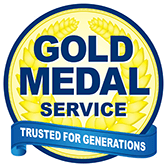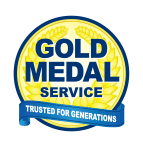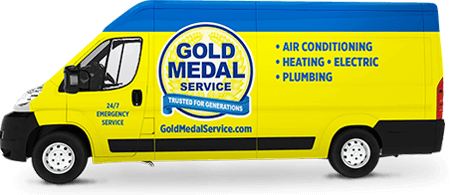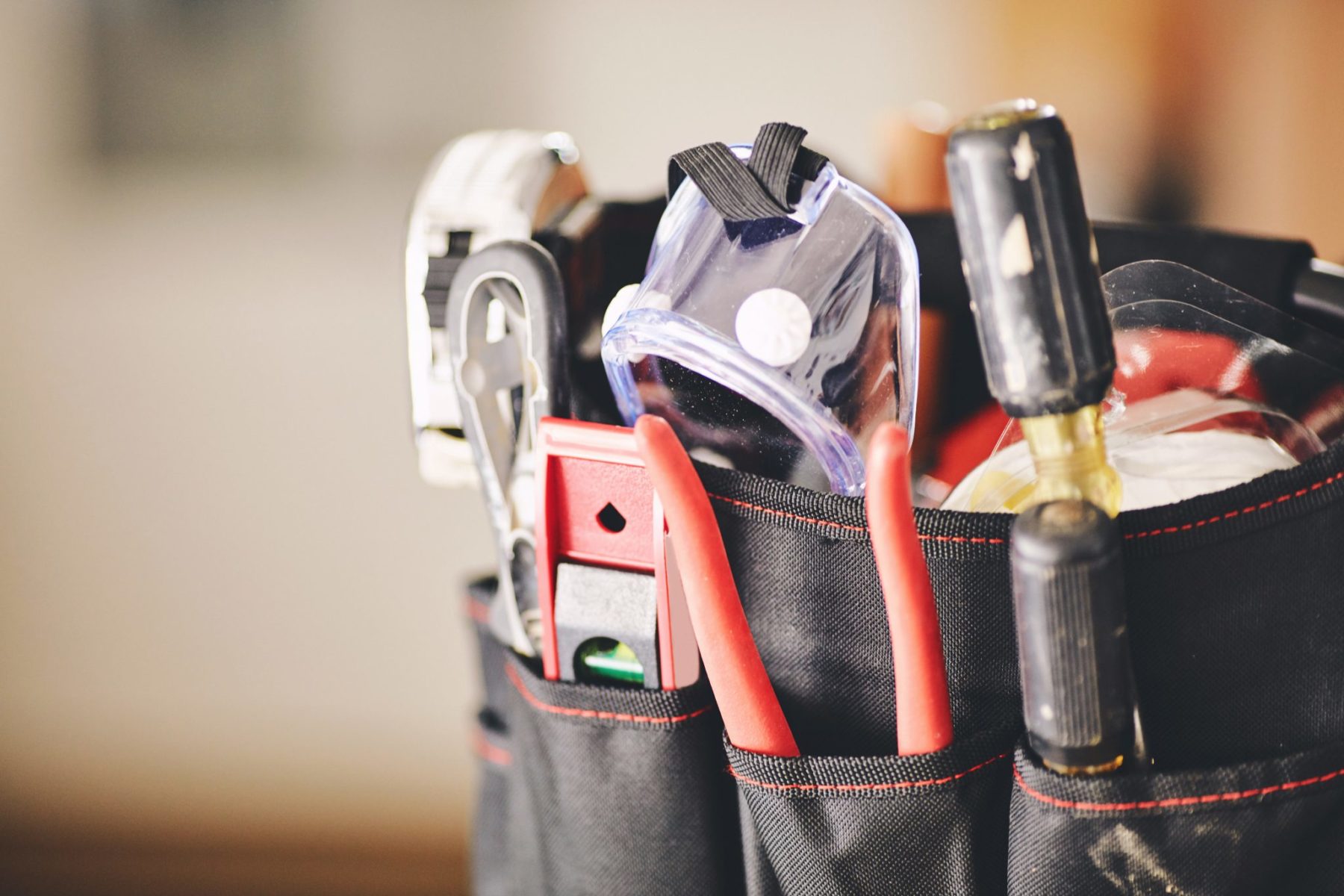
Table of Contents
Belt Drive and Direct Drive Systems
The first step for diagnosing a hissing or squealing furnace is knowing whether or not you have a belt-drive or direct-drive blower.
What is a Furnace Belt Drive Blower Motor?
If you have a belt-drive blower, you will want to inspect the furnace belt if your system is making a squealing or hissing noise. A loose or aging fan belt can cause the fan to stop working properly. Since the belt is placed under a lot of stress, it can crack and eventually break. If the belt is failing, you may hear squeaking sounds or your central heating won’t work at all until you have it replaced.
What Is a Furnace Direct Drive Blower Motor?
Direct drive systems don’t use a belt since the output shaft is directly connected to the blower wheel (“squirrel cage”). The advantage of a direct furnace blower motor is that there is no belt that needs to be adjusted or replaced, which reduces maintenance and increases efficiency.
Tips & Insights: Top 5 Reasons Your Furnace Is Not Working
How to Inspect and Tighten Furnace Fan Belts
Follow these steps to inspect and tighten your blower belt:
- Make sure power is off by flipping the power switch to “off” and flipping the corresponding breaker switch “off” in your electrical panel.
- If you feel comfortable, remove the cover to your furnace blower compartment. Usually, this can be done by removing 4-6 screws and lifting up and pulling out. Remove the cover and put it aside.
- Look for the motor and fan belt. Visually inspect the fan belt for any signs of aging, fraying, or deterioration. If it looks in bad shape, call a professional to replace the belt.
- If the belt is just loose, however, you can probably tighten it yourself.
- Press down in the middle of the furnace belt to see how much it deflects. If should deflect ½”-¾”. If it deflects more than ¾ of an inch when you press down on it, then it is too loose and needs to be tightened.
- You can loosen and tighten the belt with the two screws that are located on the side or base of the motor (“motor bolt”). Loosen both nuts by turning them counterclockwise. This will enable you to move the motor back and forth.
- After the nuts have been loosened and the motor can move freely, push the motor backward to create a taut belt.
- Once the belt is taut, tighten the nuts so the motor can no longer move.
- Check the fan belt tension again by pressing down in the middle to measure a ½”-¾” deflection. If you don’t have the proper fan belt tension, repeat the steps of loosening and then tightening the nuts.
- Once you have the proper tautness, replace the cover and screw it back in.
- Turn on the power and see if that fixed your furnace fan and squeaking furnace problem.
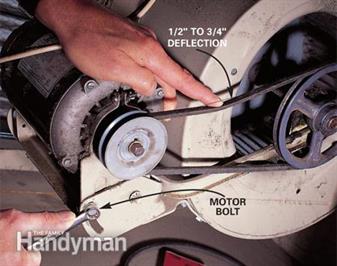
Source: The Family Handyman
How to Fix Old, Worn-Out Furnace Fan Belts:
Eventually, the belts on a belt-driven blower in a furnace will need to be replaced. Don’t attempt to replace the furnace drive belt yourself. Contact a professional and don’t run the furnace until the problem has been fixed.
Worn-Out Motor Bearings?
If the problem isn’t your furnace fan belt, it may be worn-out motor bearings. Over time the bearings take a beating from the friction of your blower motor. If you hear noise, experience sluggish air movement, or smell something odd, call your HVAC technician to inspect the fan belt and motor bearings. Since replacing bearings requires taking apart the blower motor, it’s best left to a professional HVAC technician.
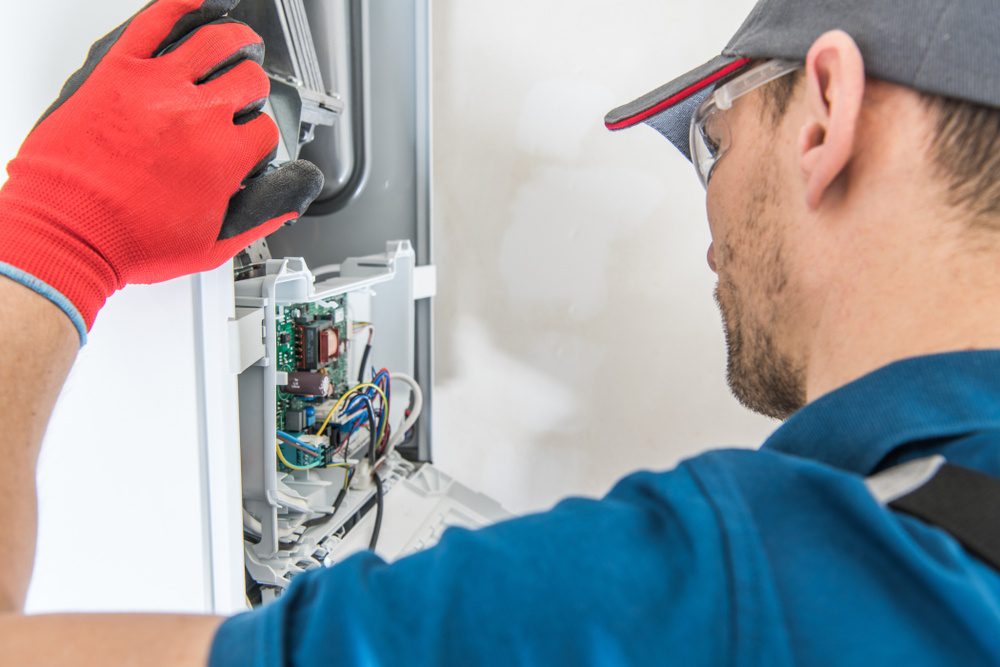
Heating Repair and Installation Services
If you’re not sure what is causing those strange squealing sounds in your furnace, turn the unit off and wait until a professional on our team has had a change to take a look. Our team of technicians offer reliable furnace repair and furnace installation services for homes in New Jersey.
In addition, our staff provide other types of HVAC repair services such as boiler installation, heat pump maintenance, heating system replacement, and air conditioning repair. We’re here to improve your comfort and safety. Give us a call today at (732) 638-4317 or schedule an appointment online to receive help with a damaged furnace in your house.
Tips & Insights: Common Boiler Problems & Ways to Fix
